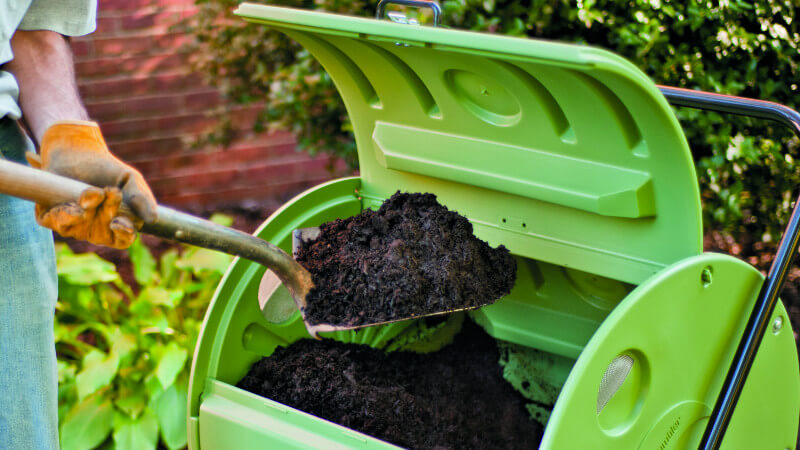
The restaurant and food services industry significantly contributes to energy consumption and pollution. The amount of water used, toxic chemicals employed, and air quality compromised by restaurants and food services is enormous. However, one of the ways to combat pollution is composting.
What is Composting?
Composting is the biological decomposition of organic materials by microorganisms under controlled, aerobic conditions to produce a stable, humus-like material called compost. Compost is a valuable fertilizer that is used to enhance soil health.
Why Compost?
There are several reasons why composting is a vital step in reducing pollution and waste. First, composting conserves resources by keeping valuable organic materials from being landfilled. It returns vital nutrients to the soil and saves fossil fuels otherwise used to transport organic waste to landfills. Second, composting reduces pollution because organics in landfills break down anaerobically, producing methane gas, a substance 20 times more potent than carbon dioxide as a contributor to climate change. Third, buried organics can react with metals in landfills to produce toxic leachate that must be removed and treated to eliminate a potential source of groundwater pollution. Fourth, compost is a pollution-free soil enhancer compared to chemical fertilizers whose residues leach nitrogen, phosphorus, and potassium into sewer systems.
Composting also reduces landfill costs by reducing waste collection and disposal costs because of the reduced waste volume. This, in turn, extends the life of current landfills and will postpone the need for costly new landfill sites. Additionally, composting improves soil texture, air circulation, and water retention by breaking down heavy soils. It feeds the soil, providing the organic matter and nutrients necessary for plant growth and survival, and improves yield.
Another advantage of composting is that the compost is a mild and natural, slow-release fertilizer that will not burn plants. For instance, one hotel in the chain converts 15 tons of wet garbage a day into 1 ton of fertilizer and a rich soil conditioner and then sells this compost to horticulturists in the area.
Animal Feed:
Feeding food by-products and food wastes to cattle and sheep is another way of diverting waste from landfills, increasing the nutrient density of animal diets, reducing ration costs, and increasing profits for farmers. However, the by-products of waste must be carefully matched to the animal's requirements. Additionally, transportation and processing must prevent spoilage without adding to costs, and moisture content must be reduced.
Conclusion:
In conclusion, composting is essential to reducing pollution and waste in the food services industry. It helps conserve resources, reduce pollution, reduce landfill costs, and produce healthy soil. Composting also improves soil texture, air circulation, and water retention. Furthermore, it is an excellent way to reduce the restaurant industry's carbon footprint. It is high time restaurants, and food services adopt composting as a standard practice to contribute to a cleaner and greener environment.
You must be logged in to comment on this blog.